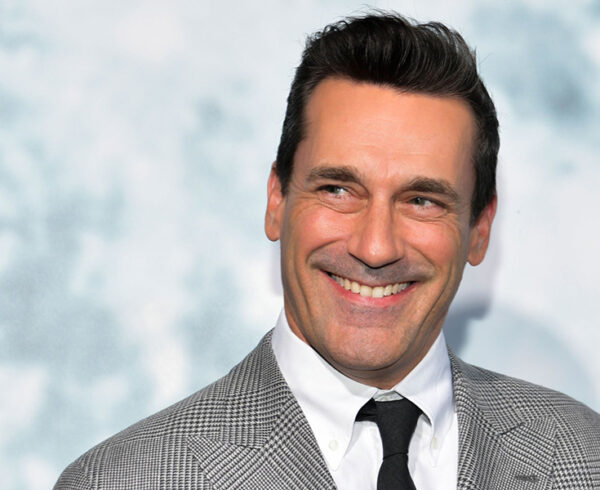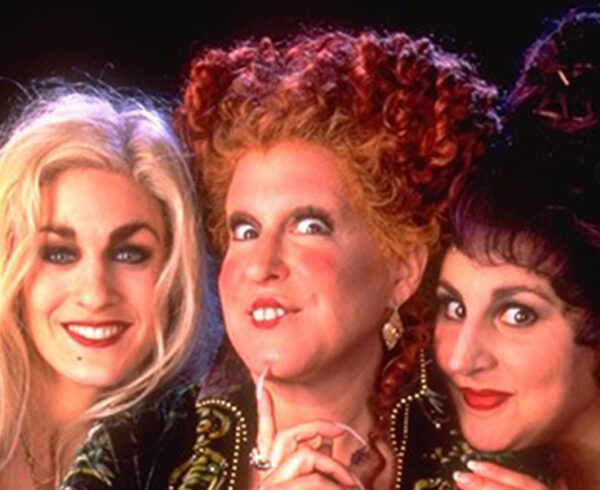Learning From the Weinstein Sexual Morality Play
A Hollywood brushfire about sexual misconduct by producer Harvey Weinstein has become a raging forest fire which has jumped the Atlantic.
Obviously, criminal allegations have to be proven, but apologies and obscure admissions of guilt show that the flames are spreading far and wide. After Weinstein, other Hollywood figures, including Oscar winner Kevin Spacey, have been denounced for sexual harassment. And now the UK’s Defence Minister has resigned after allegations of inappropriate behaviour surfaced.
We can expect more, much more, so we need to think about how to respond effectively to the maelstrom of sexual abuse. I suggest a three-stage therapy process.
The first is to acknowledge that the Sexual Revolution which began five decades ago in 1968 has been a disaster. It takes about 50 years for revolutions to fall apart. The Russian Revolution of 1917 had run out of steam by the mid-60s. After 50 years, our Sexual Revolution is starting to disintegrate; free love has become sleazy sexual abuse.
They scoffed when Harvey Weinstein half-defended his appalling actions by saying that he grew up in the 70s. But perhaps Weinstein was right, in a way. He may never have had a chance to learn how to behave properly with women.
The 70s was a decade of mass disruption of mutual respect between the sexes. In many environments, it was a free-for-all. Married women had been using contraceptives since the early 60s, and their daughters thought that if it was good enough for mum, it was good enough for them. Right and wrong disappeared. Hooking up, adultery and homosexual acts were acceptable if they were consensual.
Some feminists helped the cause by trying to outdo men in raunchiness. Some of them are still defending pornography. If you were a man or a boy, the expectation was that you would bed as many females as you could. If you were a woman or girl, you were expected to get involved or at least not complain about it, regardless of the man’s further intentions with respect to your life and well-being or any children you might conceive.
Outside the boundary fences of commitment and family, any attempt to regulate sexual relations is all but impossible. Sex is too powerful an urge to be “negotiated”. The very notion of rational consent to powerful passions, especially when alcohol is involved, is absurd.
It was good to hear that a senior MP in Westminster advised a younger female colleague not to be alone in a room with a male MP when either had been drinking. This is not blaming the victim. It is using your smarts to avoid disaster.
Are the actresses who have encountered Weinstein supposed to think about consent and then “negotiate” while their acting career hung in the balance? Or are research officers whose jobs depended on the pleasure of less-than-Honourable Members?
Who was the bright spark who came up with the laughable proposal that men ask consent of women “every step of the way”? The very idea that the men should be the askers is a tacit acknowledgement that the sex drives of men and women are not the same. This should be Sex Education 101. It is absurd to expect men to stop mid-stream and ask permission for the next move. Sex is body language. It almost demands to be wordless. The consent should have come much, much earlier, in something that looked very like a wedding vow.
The second step in the therapy process is to acknowledge that rulebooks will not stop sexual harassment. The Speaker of the British House of Commons is demanding that the government present “a code of conduct” with “policies and processes”, a “mediation service” and a “contractually binding grievance procedure”.
This is the kneejerk reaction of all bureaucracies: create more bureaucracy. Obviously there need to be “policies and processes” as remedies for grievances. But will this really stop sexual harassment? Nope. Universities, corporations and governments are choking on “policies and processes”, but there is more sexual harassment than ever.
The third step in the therapy process is to re-educate ourselves in virtue ethics.
Virtue ethics is one of three major approaches in normative ethics and emphasizes the virtues, or moral character. In other words, the sanest approach to sex is to seek to guide our behaviour by what it is good for me to do if I am to be a good person or a person of character.
How should I act with members of the opposite sex so that my moral character and that of others stays intact? We can no longer keep sexual behaviour at the margins of what it means to be a person of character.
Virtue ethicists pay attention to restraint. A person with character exercises restraint by governing passions like anger, sex drive, laziness, consumerism, envy and jealousy.
Exercising restraint is part of the virtue of temperance. Temperance sounds as quaint as chastity does nowadays, but it is clear we have a deficit of restraint in our society. It is needed in sexual behaviour just as it is in eating and drinking.
There is something admirable about people who exercise restraint and something repugnant about people who do not. Weinstein’s reported insatiability and bullishness are part of the disgust that people feel about the allegations against him. When restraint is lacking, people’s actions are immature, even infantile; they are no longer in control; their appetites are controlling them.
In itself, knowledge is not sufficient to make one temperate – which is why most sex education programs fail. As a high school teacher, I can assure you that many boys know too much about sex; the internet gives them easy access to the most revolting forms of pornography. And they have a vague idea of “consent” and “rules of engagement”. What they don’t know is how to be temperate. They find themselves captives of fantasies and urges that they do not know how to restrain.
Extreme intemperance is called addiction. The American philosopher Harry Frankfurt has revived the term “wanton” to describe this state of helplessness of character that, in effect, does not allow a person to be free. And he did not use the word just for women.
How do you make children – and adults – virtuous? This has been debated by philosophers ever since the days of the Ancient Greeks. But most parents know how. First, they model good behaviour – both of them. Second, they teach their children the difference between right and wrong. Third, they create good habits by encouraging right behaviour and implementing consequences for wrong behaviour. Bit by bit, children learn those habits of good behaviour which are called virtues. Eventually they will seldom need a rule book because they will know almost instinctively what the right course of action is.
The media consensus seems to be that there must be “zero tolerance” for lewd and offensive behaviour. That’s not a bad idea, but isn’t “100% disinclination to engage in lewd and offensive behaviour” a better way to go? In other words, virtue is better than rule books.
This column originally appeared at Mercatornet.com under a Creative Commons license. It is reprinted with permission.












